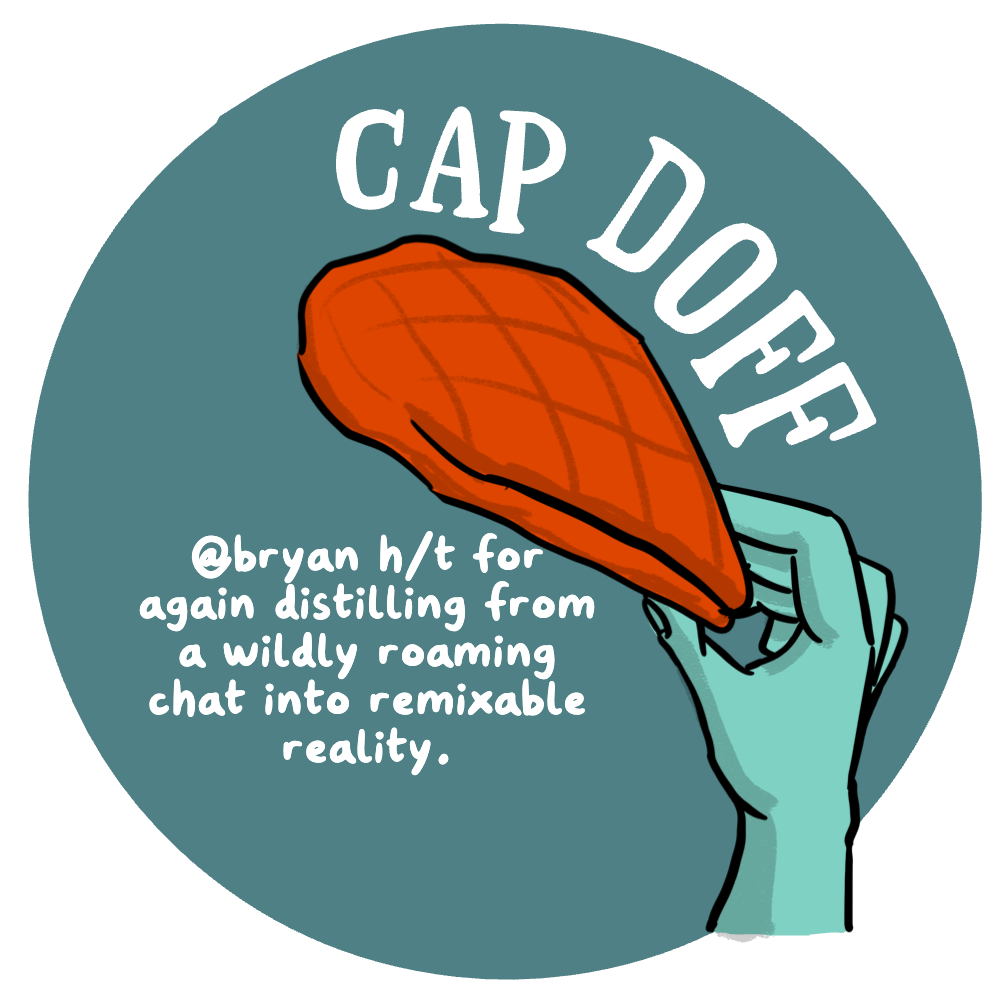
The Open Education Global (OEG) Board of Directors elections have now concluded. There were five Board positions to be filled.
Based on votes the five OEG Board members elected for the 2020-2022 term are:
Votes: 49, Katsusuke Shigeta (Japan)
Votes: 41, Jane-Frances Obiageli AGBU (Nigeria)
Votes: 40, Lena Patterson (Canada)
Votes: 37, Maria-Soledad Ramirez-Montoya (Mexico)
Votes: 36, Perrine de Coëtlogon (France)
Congratulations to these Board members!
The rest of the voting results are:
Votes: 35, Rajiv Jhangiani
Votes: 29, Robert Schuwer
Votes: 28, Adam Dastrup
Votes: 24, Richard Sebastian
Votes: 21, Colin de la Higuera
Votes: 15, DeLaina Tonks
Votes: 13, Phillip Anaya
Votes: 12, Mona Laroussi
It was great to see the high level of interest and such a stellar list of candidates running to be on our OEG Board.
Overall 36% of our OEG members voted. 57% of the countries represented by our members voted. Special thanks go to all those who made voting a priority while dealing with the crisis of a pandemic.
We also extend a deep appreciation to the following outgoing Board members for your invaluable input into guiding the Open Education Global forward:
Sophie Touzé, France & Willem van Valkenburg, the Netherlands – remains a President of the Board of Directors (non-voting) until 2021.
OEG looks forward to working with newly elected Board members and all members of the open community on advancing open education around the world over the coming year.
